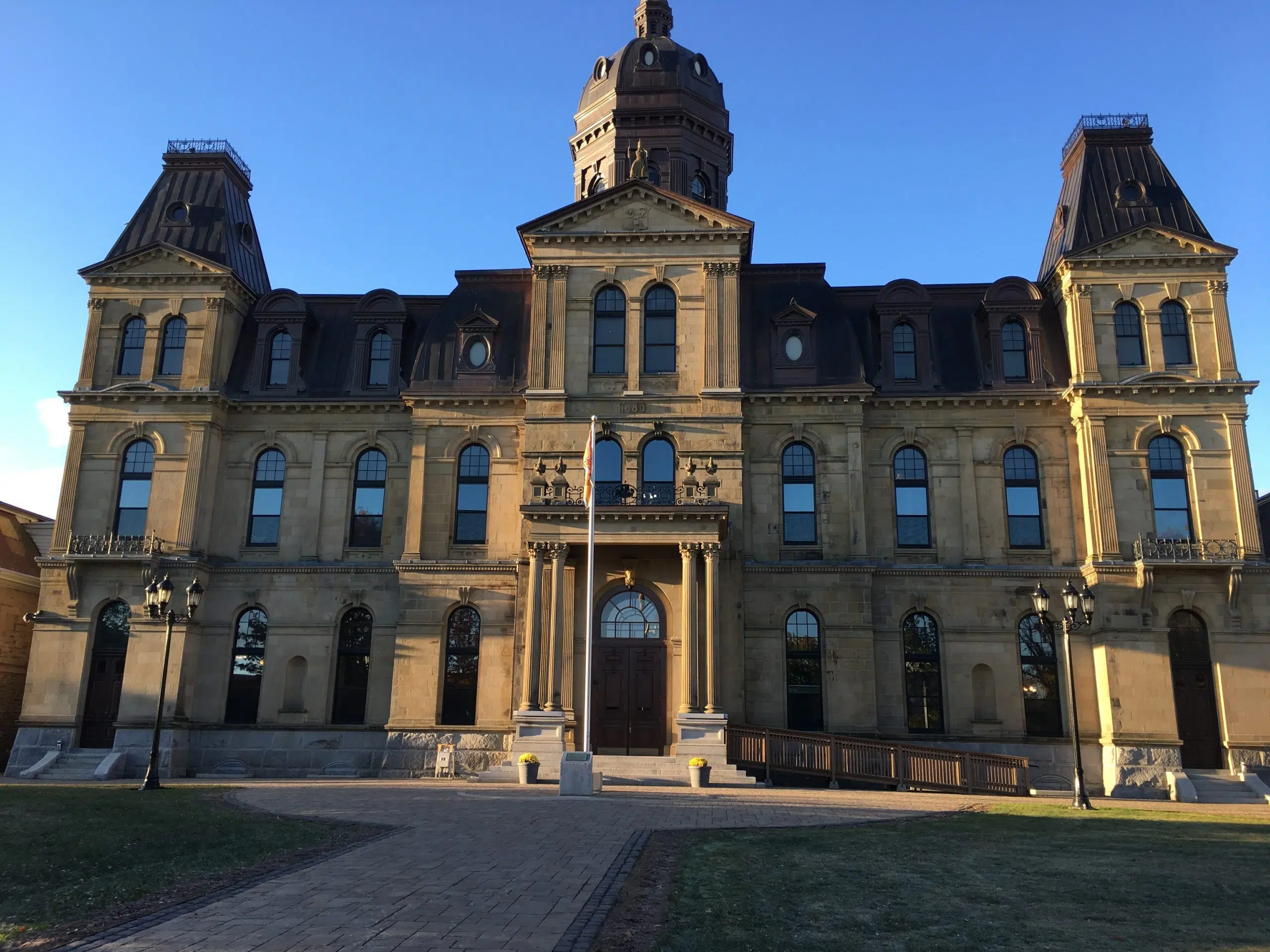New Brunswick is proposing a new funding model for local governments throughout the province.
In April, the province said local governments would get $138 million next year, up $63 million from this year.
The Holt government introduced legislation on Wednesday that outlines where that money would go.
Local Government Minister Aaron Kennedy said $75 million has been earmarked for a Fiscal Capacity Fund. It will provide municipalities with a new equalization fund designed to support local governments in need.
Regional service commissions will receive $18 million — an increase of $3 million —to help implement their regional strategies. The remaining $45 million will go toward a new fund aimed at supporting the improvement and replacement of existing municipal infrastructure.
“Our aim is to deliver a model which will provide long-term sustainability and fairness to local governments without overburdening property owners who are already facing affordability issues,” Local Government Minister Aaron Kennedy told reporters.
“We want to ensure we are delivering the right solutions and a fair funding model that enables local governments to deliver services to the people of New Brunswick.”
News of the proposed funding model comes one day after the province announced that it plans to freeze property assessments for one year in 2026.
The announcement was met with pushback from municipal organizations who said it would put pressure on property taxpayers since many local governments may have to raise taxes.
Kennedy defended his government’s decision on Wednesday, saying it is a temporary measure and they will be there to support municipalities who need it.
“It gives us a little more time to continue our work to come up with a robust and thorough review and overhaul of property tax and property assessments in New Brunswick. We didn’t want to do that haphazardly,” he said.
“I appreciate their frustration with the announcement yesterday, but I think when you take into consideration that sales and new construction and major renovations are excluded from the freeze, there are many municipalities that won’t have an actual freeze in their revenues.”
Our newsroom asked the minister how the Liberals would support local governments that do not see revenue boosts from home sales and new construction in their communities.
“We’ll be seeing exactly how much each municipality will make and through that fiscal capacity fund of $75 million, it’s those smaller communities that will benefit more on a per-capita basis because they’re the ones that need it most,” he added.
“They might have to make some difficult decisions, but the goal would be if most municipalities are able to keep their tax rate the same in 2026, coupling that with the property assessment freeze that we introduced yesterday, people would be paying the exact same tax bill in 2026 as they did in 2025.”
The province will meet with local governments over the summer months to share specifics for their communities.








